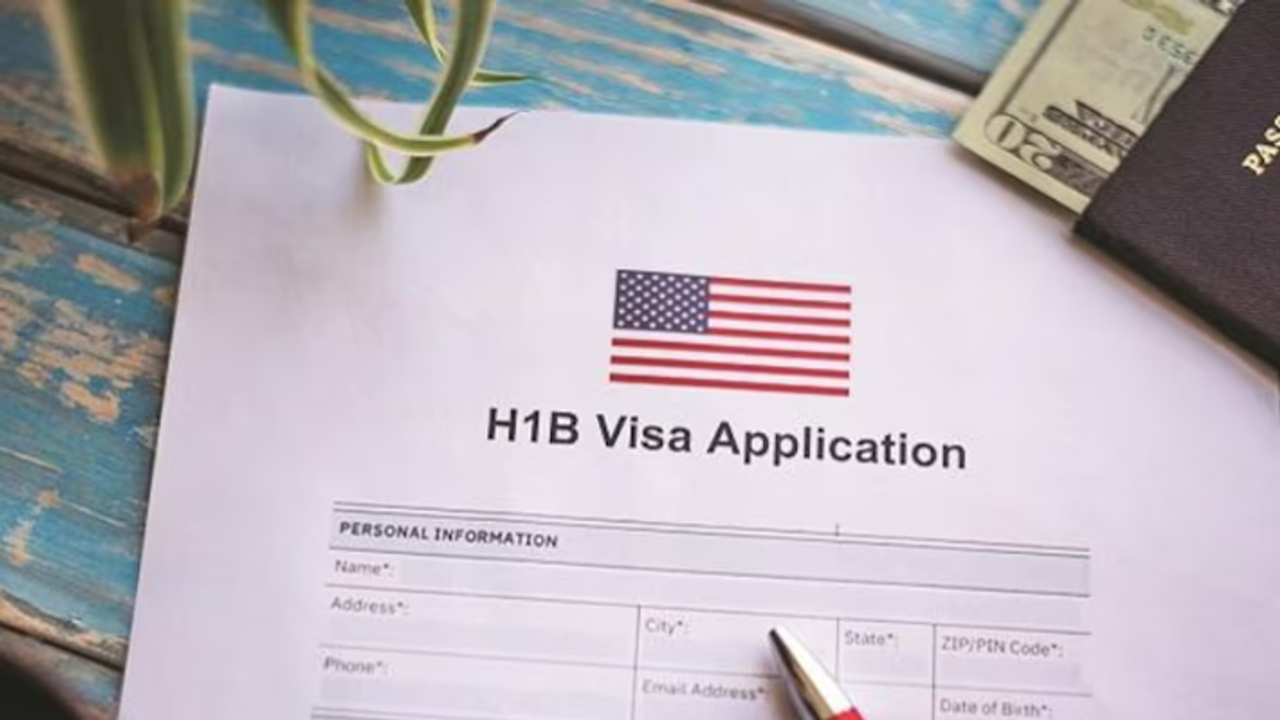Officials from the USCIS clarified that any online content—including posts on platforms like Facebook, Twitter (now X), or Instagram—showing support for groups classified as terrorist organizations by the US will be treated as a "negative factor" during immigration assessments.
In a major shift in policy, the United States Citizenship and Immigration Services (USCIS) has announced that visa applications and permanent residency requests can now be denied or revoked based on individuals' social media activity. This development, which takes immediate effect, is aimed at identifying and rejecting applicants who express support for groups the US government deems as anti-Semitic or linked to terrorism.

The policy, backed by the administration of President Donald Trump, will be applied across all categories including student visas and Green Cards. "There is no room in the United States for the rest of the world's terrorist sympathizers, and we are under no obligation to admit them or let them stay here," Tricia McLaughlin, Assistant Secretary for Public Affairs at the Department of Homeland Security (DHS) said.
Officials from the USCIS clarified that any online content—including posts on platforms like Facebook, Twitter (now X), or Instagram—showing support for groups classified as terrorist organizations by the US will be treated as a "negative factor" during immigration assessments.
This includes expressions of support or sympathy for Hamas, Hezbollah in Lebanon, or Yemen's Houthi movement—all of which are officially designated as Foreign Terrorist Organizations by the US State Department.
The USCIS statement specified that applicants found to be "endorsing, espousing, promoting, or supporting anti-Semitic terrorism, anti-Semitic terrorist organizations, or other anti-Semitic activity" could face denial of immigration benefits.
The new policy comes on the heels of reports that the Trump administration has already revoked the visas of hundreds of international students. Secretary of State Marco Rubio recently confirmed that around 300 student visas have been canceled in the past month alone, and added that more are being stripped daily.
"Non-US citizens do not have the same rights as Americans, and it is within my discretion—not the courts'—to approve or deny a visa," Rubio said.
The development has sparked concern among rights groups and international students, who fear that vague interpretations of social media content could lead to arbitrary denials.
